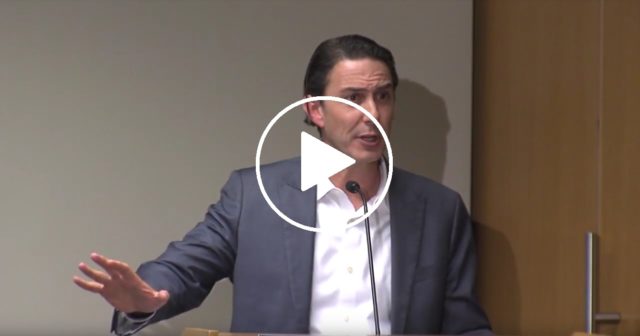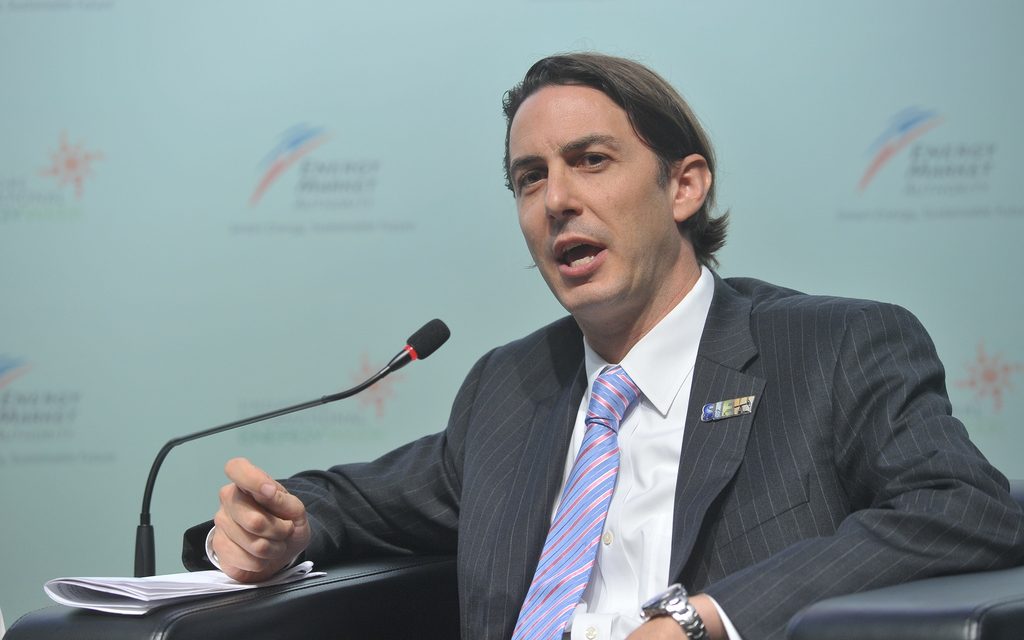On Wednesday, November 15, at Choate Conference Room of Carnegie Endowment for International Peace, expert speakers convened for “Nord Stream and European Energy Security” conference, where a detailed and comprehensive analysis of the Russian objectives, European responses, and American policies related to this large project were provided.

Two panels with distinguished figures examined the “Russian Geopolitical Objectives vs. European Gas Supply Diversification” and the “Nord Stream: Implications for Central and Eastern Europe and the Southern Gas Corridor”.
At first panel, Michael Carpenter, Senior Director, Penn Biden Center for Diplomacy and Global Engagement and former U.S. Deputy Assistant Secretary of Defense spoke on “Russia’s Geopolitical Objectives Through Energy Projects”, Matthew Bryza, Board Member at The Jamestown Foundation, and former U.S. Ambassador to Azerbaijan and U.S. Deputy Assistant Secretary of State (spoke) on “Nord Stream Project’s Implications for Europe”, Daniel Fried, Former U.S. Assistant Secretary of State and Ambassador to Poland spoke on “U.S. Sanctions Policy and Europe’s Energy Security”, and Anders Åslund, Senior Fellow at The Atlantic Council spoke on “European Union’s Dilemma on Nord Stream”.
Amos Hochstein, Senior Vice-President, Tellurian Inc. and Former U.S. Special Envoy and Coordinator for International Energy Affairs of State Department was the keynote speaker, analysing “Nord Stream Project’s Implications for US LNG Export to Europe”. At panel Two, “Nord Stream: Implications for Central and Eastern Europe and the Southern Gas Corridor”, Keith Smith, Senior Fellow, Center for European Policy Analysis and former U.S. Ambassador to Lithuania, spoke on “Nord Stream Project’s Impact on Ukraine and the Baltic States”, Margarita Assenova, Director of Programs, Balkans, Caucasus & Central Asia atThe Jamestown Foundation analysed the “Nord Stream Project’s Implications for Southeast Europe”, and Vladimir Socor, Senior Fellow, The Jamestown Foundation spoke about “Nord Stream and Turkish Stream: Implications for the Black Sea Region”
The Gazprom-led Nord Stream Two gas pipeline project supported by Russia, Germany and a consortium of five Western European companies is slated to be completed by the year 2019. Parallel to the existing Nord Stream One pipeline on the Baltic seabed, Nord Stream Two would double the system’s total capacity to 110 billion cubic meters (bcm) annually, all earmarked for direct delivery to Germany. This volume will constitute 80 percent of all Russian gas supplies to Europe, channeled through a single transit route. The Nord Stream project would bypass a number of key U.S. allies in Central-Eastern Europe, including Ukraine, potentially eliminating Ukraine as a major transit route to Europe.
The project presents a dilemma for the European Union, which will have to find a consensus among its members to protect its energy security and anti-monopoly policies. It would also undermine the expansion of U.S. LNG supplies to Europe, if Gazprom starts dumping gas prices to undercut the budding spot market and unfairly compete with American LNG companies.
Discussion Panel I
Keynote Address
Discussion Panel II



















